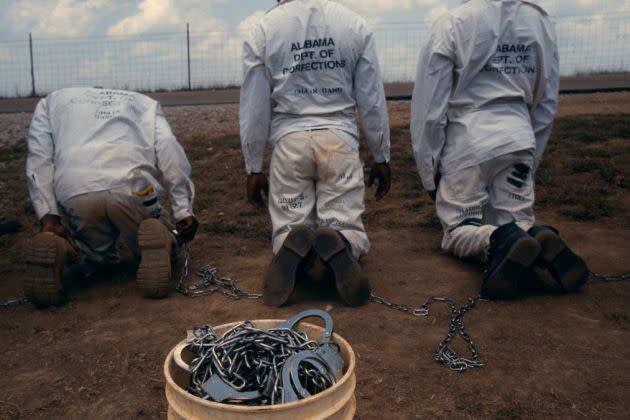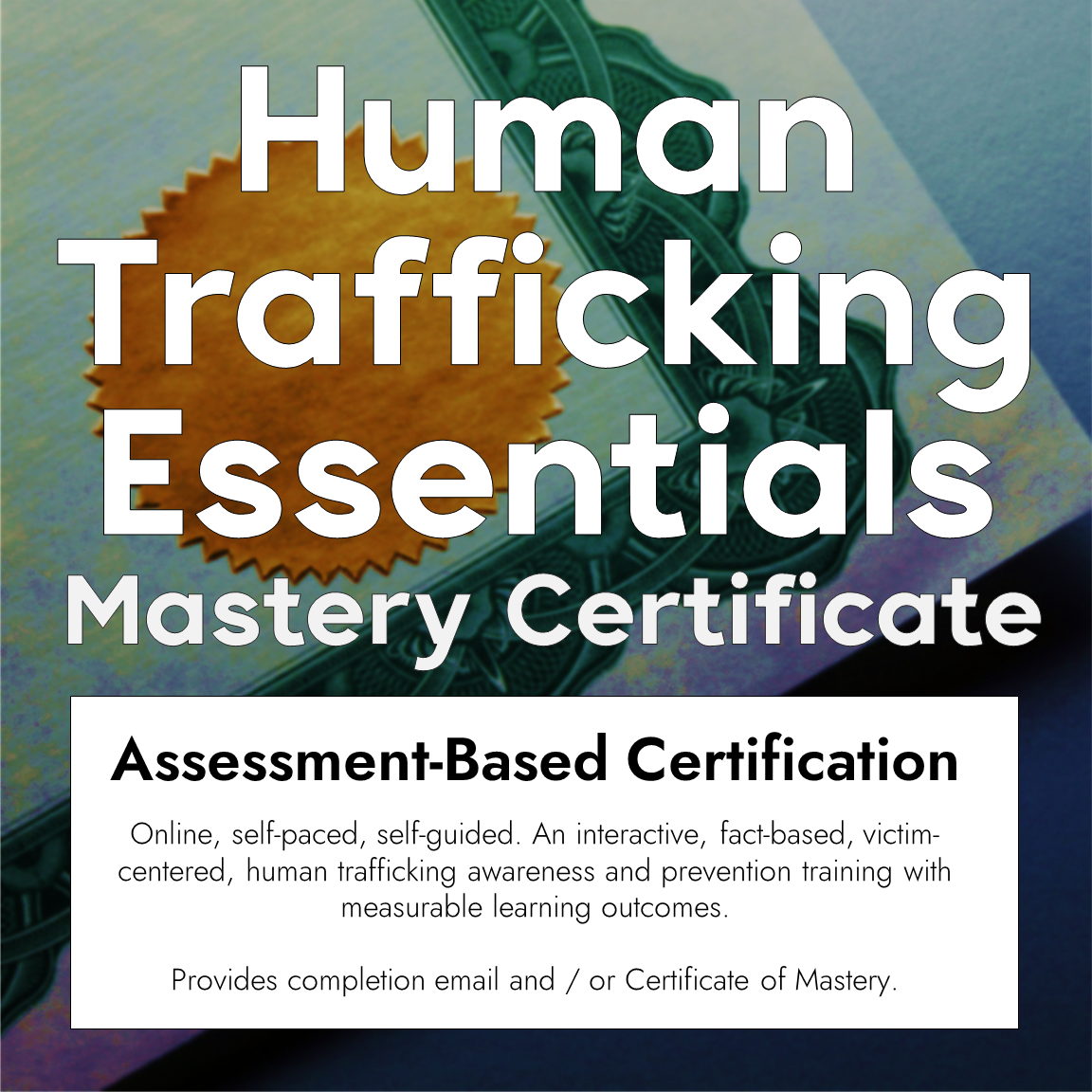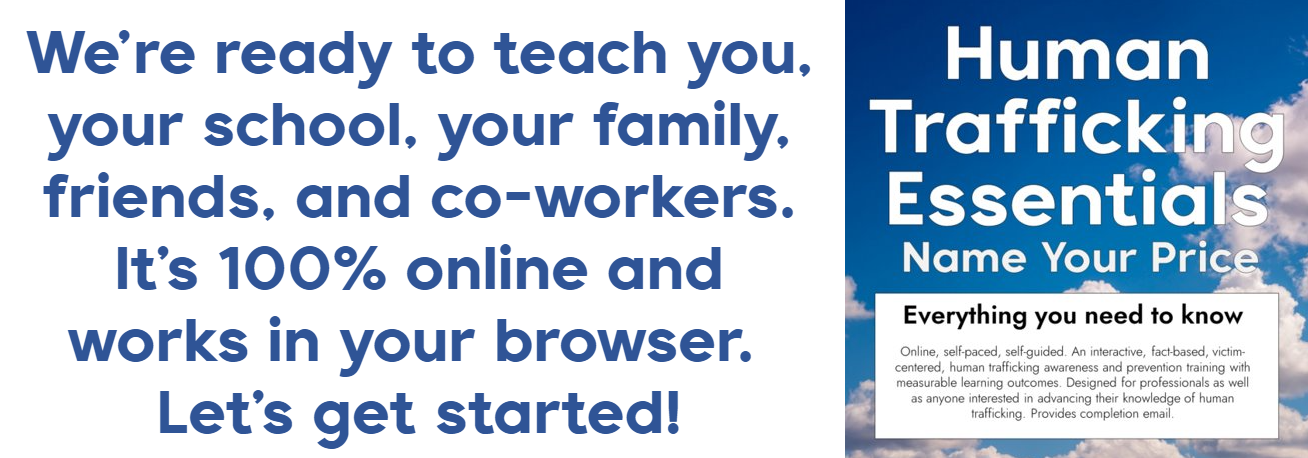Does Prison Labor Pervert What it Means to Say ‘Made in the USA?’

The federal government awards contracts for a vast majority of its textile production needs to factories that employ federal prisoners. Many of these prisoners make barely more than a dollar an hour and most of their earnings go back to the prison where they reside or to any child support or restitution still outstanding.
This may all sound like a convenient idea, but to Steve Lamar, president and CEO of the American Apparel and Footwear Association, the words he prefers to describe it are “slavery,” “forced labor,” “unfair competition” and “cheating the American worker,” all thanks to loophole in the 13th Amendment.
More from Sourcing Journal
“Federal Prison Industries has a number of different preferential advantages,” Lamar told Sourcing Journal. “Which means private companies are constantly losing business to the federal prison factory system.”
What makes it worse, Lamar says, is that this destructive force hides, quite legally, behind the slogan “Made in the USA,” a requirement for all U.S. government textile purchases under the 1941 Berry Amendment.
“[Prison factories] become one of the biggest obstacles to more Made in USA because a certain percentage of what [federal government] buys has to go to Federal Prison Industries,” Lamar said. “So right there, every time we look at expanding the ability of a government to buy something, FPI is going to be the first in line.”
Pete Roberts, who launched his own jeans and boots factory in Farmington, Maine 10 years ago is a zealous defender of what it means to say Made in the USA. He, too, has harsh language for the FPI system.
“We've taken the moral high ground and turned a blind eye towards slavery,” Roberts said. “[We tell ourselves] the forced labor is happening in far-off lands; it's not here, we don't see it, we don't talk about it, so it doesn't exist. But it's actually happening in our backyard, too, in the form of prison labor.”
But Benjamin O'Cone, a spokesperson with the Federal Bureau of Prisons, told Sourcing Journal that what goes on in the 140 participating FPI [which operates as a government-run business called UNICOR] is anything but forced labor. In fact, he says, there's a waiting list of hundreds of inmates who want to take part.
“The UNICOR program is entirely voluntary,” O'Cone said. “To suggest the program is anything but voluntary would be false.”
On the state level, a number of prisons use prison labor to help defray costs for the institution itself and to contribute to prisoners' “debts to society.” Perhaps the most famous is jeans-maker Prison Blues, is based out of the Eastern Oregon Correctional Institution in Pendleton, Oregon.
Jered McMichael is the second-generation owner of Oregon Correction Enterprise, the private business that sells Prison Blues. He says he pays a prevailing wage to workers, who work entirely of their own volition and suggests that those who liken it to forced labor ought to spend a day talking to workers on the factory floor.
“The truth is, when you talk to guys in custody, they have no problem with any of it at all,” McMichael told Sourcing Journal. “They realize they're in prison, realize they're paying a debt to society and they also realize it's an opportunity to get out and do a job and if they maybe only get paid a dollar a day, that's not a problem for them.”
McMichael added that he's found the program to be helpful in fighting recidivism and in helping inmates find stable employment when they get out.
“There's a stigma attached; it's hard for these guys to get a fair shake sometimes,” McMichael said. “You've got to think about stuff like technology, too. Some of these guys get out of prison and don't even realize the Internet has evolved to what it has.…Not only that, they get to learn social skills they never have the opportunity to learn in prison.”
Besides, McMichael said, the type of inmates who would prefer dishwashing or laundry probably aren't going to be the sort interested in making jeans.
“My passion is to try to help people and make a change and this program and the products they produce—it does that,” McMichael said. “That's one of the keys to the product and being able to keep costs low, unlike Levi's or Wrangler, we're one of the very, very few manufacturers that still source denim from the U.S.…I strive to ensure that we keep that manufactured and sourced from the U.S. because it's important.”
Clothing made in prisons is technically able to call itself Made in the USA under the Berry Amendment that requires all Department of Defense orders to be American-made. With labor costs being the chief barrier to domestic manufacturing in the private sector, Lamar and Roberts don't believe prison-made clothing deserves to claim the distinction.
“In our brand book it talks about about our ‘Made in America' is better than Berry because Berry isn't good enough,” Roberts said. “You can have all the uppers of your footwear completely sewn and constructed in another part of the world and then have them shipped here, stick a sole on it and call it ‘Made in America.' That's Berry.”
Making it even more difficult for Lamar's clients to get government contracts is that some are listed as eligible only for small businesses with special preferences, such as women-owned, minority-owned, etc. Lamar said the caveat to all of those is that FPI is included as an eligible small business.
“Every time you hear the government talk about their small business guides you always have to say… ‘and FPI' because FPI is allowed to compete as a small business,” Lamar said. “The last four years, something like 85 percent of the [small business] contracts were FPI masquerading as a small business, so it's pretty clear that there is an assault on our industry from FPI. And what's really frustrating is it's within the confines of the Berry Amendment.”
O'Cone says it's simply not true to say UNICOR competes unfairly with private business. Among the reasons he cited were higher overhead costs in its factories because of additional supervision and training required, and more workers, which leads to less efficiency.
“Our inmate workers can be secured in their housing units or called out at any time and for any length of time, depending upon the circumstances,” O'Cone said. “Environmental conditions, such as fog, can keep our inmates inside and away from the factory. Delays occur regularly during the day for counts, tool control procedures, pat searches, and other related security factors. Private industry can utilize methods of efficiencies which result in fewer workers and higher profit margins.”
Since the passage of the Consolidated and Further Continuing Appropriations Act of 2012 , UNICOR has been allowed to contract with private customers, provided that “the products are currently, or would otherwise be, produced and/or assembled outside the United States.”
Of that program, the FPI said through O'Cone's e-mail: “In FY 2022, FPI's repatration [sic] sales, based on 18 U.S.C. 1761(d), were $2,568,216. As for compliance with the FTC's “Made in the USA” standard, it depends on several factors and is a decision made by the businesses for whom FPI does contract manufacturing work, as the manufactured products are owned by them.”
Aside from what he sees as unfair competition with the private sector, Lamar takes issue with the prison labor practice on moral grounds, namely the hypocrisy of the U.S. government boycotting clothes made in China by Uyghurs and other oppressed Muslim minorities. He says he's not trying to make a moral equivalency between the genocide in China and the compulsory labor of U.S. prisons, but, he insists, there is an undeniable and fundamental similarity.
“There is a united front in the U.S. trying to prevent products made with forced labor from entering the United States, and at the same time, the U.S. Government provides preferential opportunities for products made with forced labor in the United States,” Lamar said. “Forced labor is slavery.”
This “Eyes on Trafficking” story is reprinted from its original online location.
Fair Use Notice: The PBJ Learning Knowledge Vault is dedicated to advancing understanding of various social justice issues, including human trafficking and related topics. Some of the material presented on this website may contain copyrighted material, the use of which has not always been specifically authorized by the copyright owner. We are making such material available in our efforts to promote education and awareness of these important issues. There is no other central database we are aware of, so we put this together for both historical and research purposes. Articles are categorized and tagged for ease of use. We believe that this constitutes a ‘fair use' of any such copyrighted material as provided for in section 107 of the US Copyright Law. In accordance with Title 17 U.S.C. Section 107, the material on this site is distributed without profit to those who have expressed a prior interest in receiving the included information for research and educational purposes. For more information on fair use, please visit: “17 U.S. Code § 107 – Limitations on exclusive rights” on Cornell Law School's Legal Information Institute.

ABOUT PBJ LEARNING
PBJ Learning is a leading provider of online human trafficking training, focusing on awareness and prevention education. Their interactive Human Trafficking Essentials online course is used worldwide to educate professionals and individuals how to recognize human trafficking and how to respond to potential victims. Learn on any web browser (even your mobile phone) at any time.
More stories like this can be found in your PBJ Learning Knowledge Vault.
EYES ON TRAFFICKING
This “Eyes on Trafficking” story is reprinted from its original online location.
ABOUT PBJ LEARNING
PBJ Learning is a leading provider of online human trafficking training, focusing on awareness and prevention education. Their interactive Human Trafficking Essentials online course is used worldwide to educate professionals and individuals how to recognize human trafficking and how to respond to potential victims. Learn on any web browser (even your mobile phone) at any time.
More stories like this can be found in your PBJ Learning Knowledge Vault.

